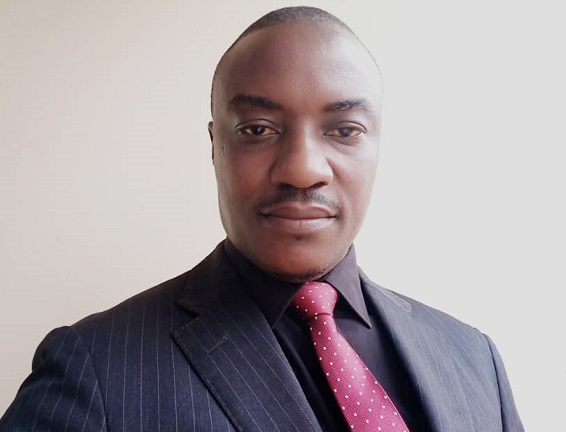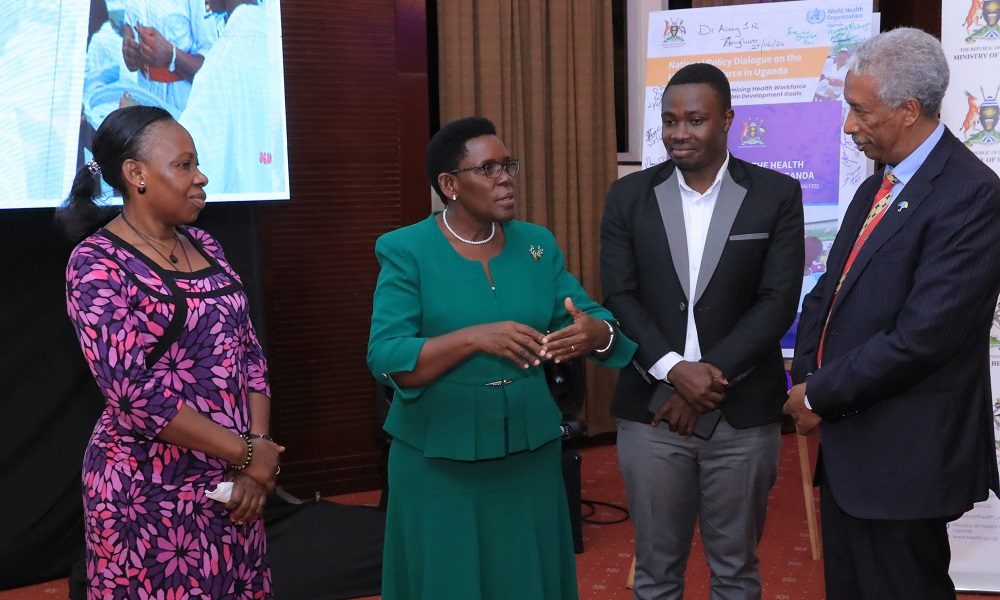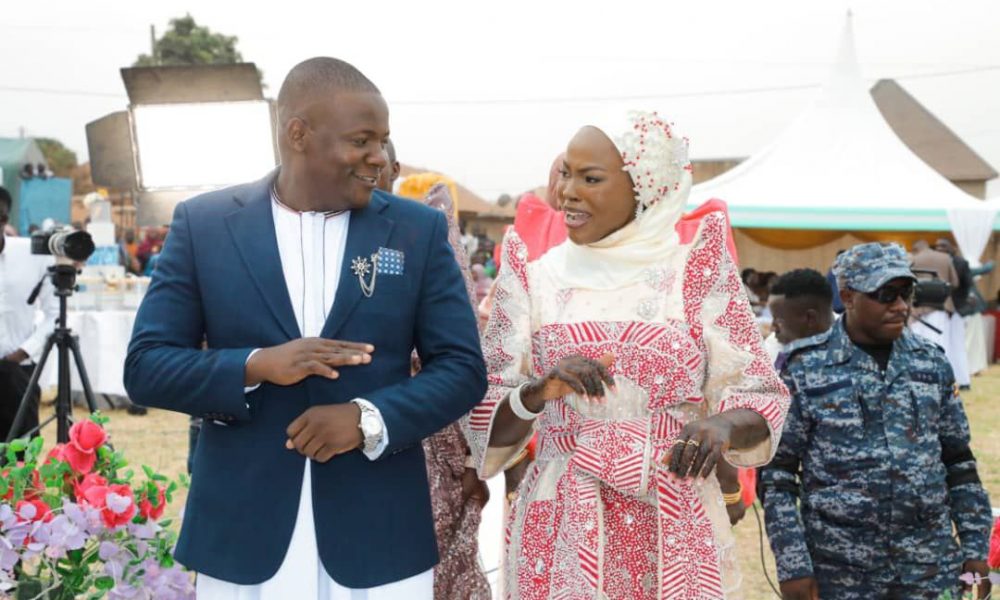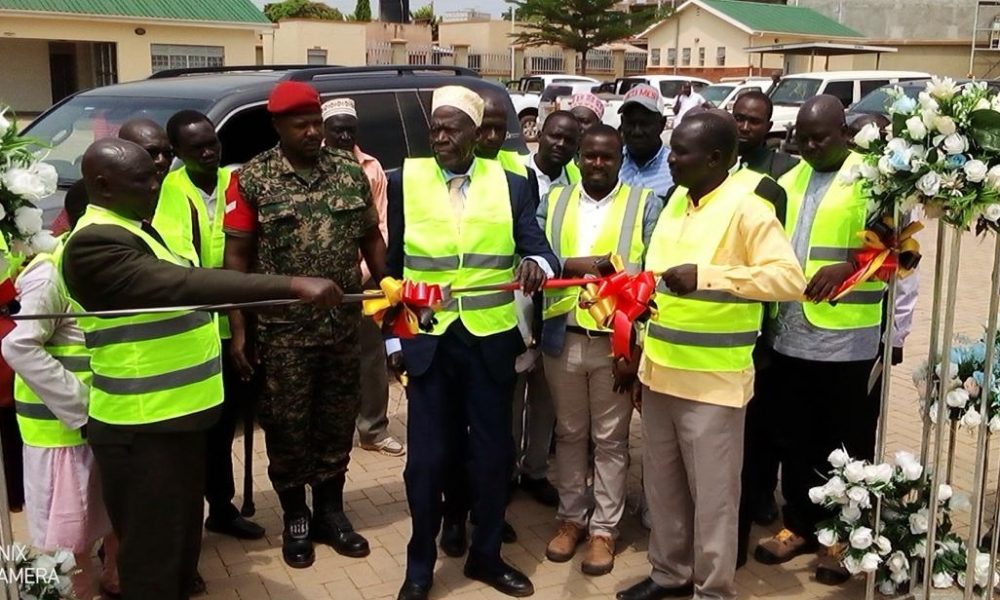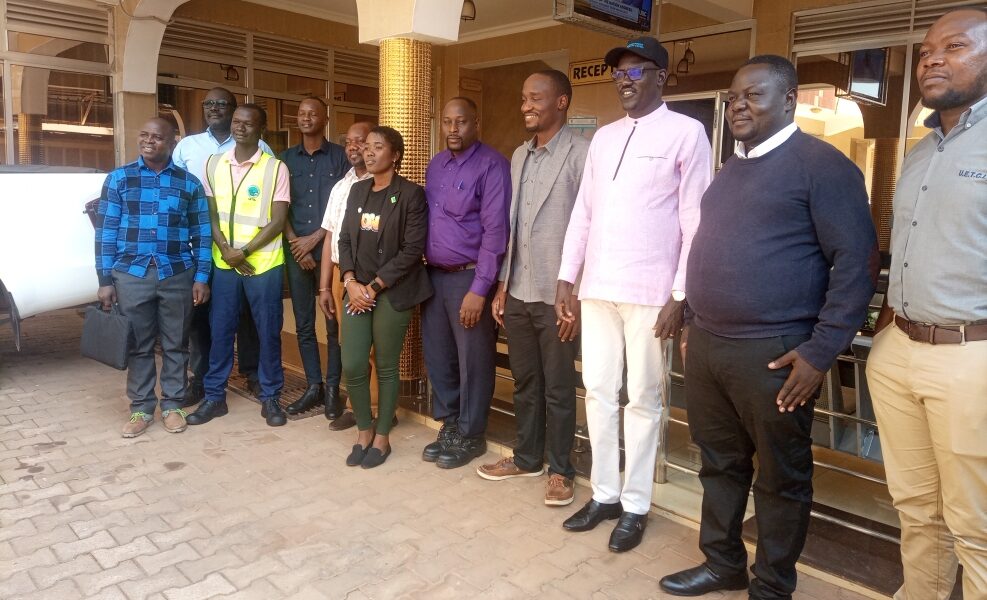By Denis Muteguya
In the heart of East Africa lies Uganda, a country with a vibrant culture and a rich history. Despite its natural beauty and resources, Uganda has faced significant challenges in its political landscape. Corruption, poor governance, and inadequate representation have often plagued the nation. While it is easy to blame the leaders for these issues, the truth is that Ugandan voters are ultimately responsible for the state of their country.
The Ugandan constitution clearly states that power belongs to the people, and it is their responsibility to choose their leaders through voting. However, many voters take this task lightly, focusing more on short-term gains rather than the long-term consequences of their decisions. This mentality has led to a vicious cycle where voters continue to suffer from the repercussions of their choices.
During election time, candidates often offer material things and money to entice voters. Once elected, their priorities shift to recovering their investments rather than fulfilling their promises to represent the people. This practice perpetuates corruption and hinders the development of the country, as leaders prioritize personal gain over the well-being of their constituents.
The root of this issue lies in the lack of understanding among voters about the roles and responsibilities of their chosen leaders. Many voters are unaware of the impact their chosen leaders can have on their daily lives. For example, a voter may elect a member of parliament who lacks the knowledge and skills needed for legislative drafting. This can lead to ineffective laws and policies, hindering the country’s progress.
Moreover, voters may also elect district leaders who have no understanding of their roles and responsibilities. This leads to poor decision-making and inadequate representation, ultimately affecting the development of local communities. As the saying goes, “a fish rots from the head,” and in this case, the voters are the head of the system.
It is the responsibility of the Independent Electoral Commission to educate voters on the importance of their vote. Voters need to understand that their vote is not just a means of fulfilling their material needs but a crucial decision that can impact the future of their country. Without this understanding, voters will continue to fall prey to corrupt and incompetent leaders, and the cycle of poor governance will persist.
The impact of poor voter choices is evident in several areas of Ugandan society. Consider the healthcare system, where elected officials who prioritize personal gain over public service fail to allocate necessary resources. This neglect leads to underfunded hospitals, a lack of medical supplies, and inadequate healthcare for the populace. Similarly, in education, leaders who lack vision and commitment result in poorly funded schools, unqualified teachers, and ultimately, a generation of children deprived of quality education.
Another critical area is infrastructure development. Leaders focused on self-enrichment are unlikely to invest in essential projects such as roads, bridges, and public utilities. This neglect hampers economic growth and development, leaving communities isolated and underserved. The ripple effect of these poor choices affects every aspect of daily life, from access to clean water to reliable electricity.
In contrast, responsible voting can lead to transformative change. When voters choose leaders based on their capabilities and commitment to public service, the results are palpable. Consider Rwanda, where a focus on competent and ethical leadership has led to remarkable economic growth and development. This example shows that informed voting can bring about significant positive changes.
In conclusion, Ugandan voters need to take their role in the democratic process seriously. They must educate themselves on the roles and responsibilities of their leaders and make informed decisions based on the candidates’ capabilities and not their empty promises. It is only through responsible voting that Ugandans can break the cycle of poor governance and pave the way for a brighter future for their country.
Remember, in the end, we always reap what we sow, and it’s time for Ugandan voters to sow the seeds of true progress and development.



